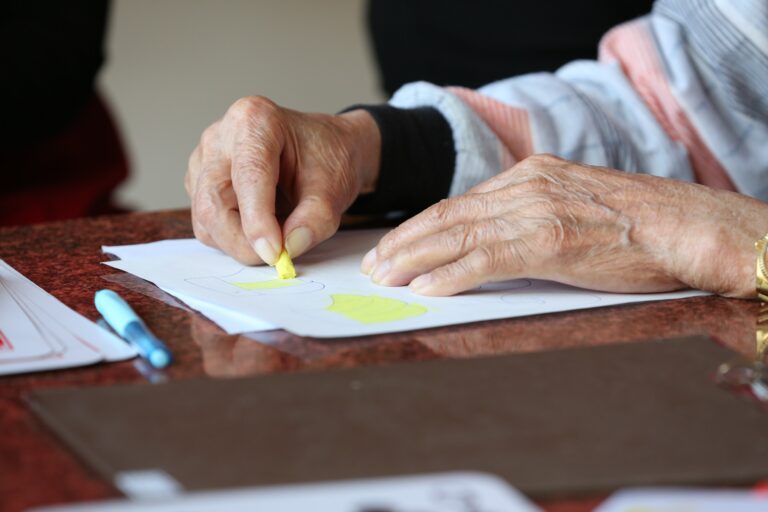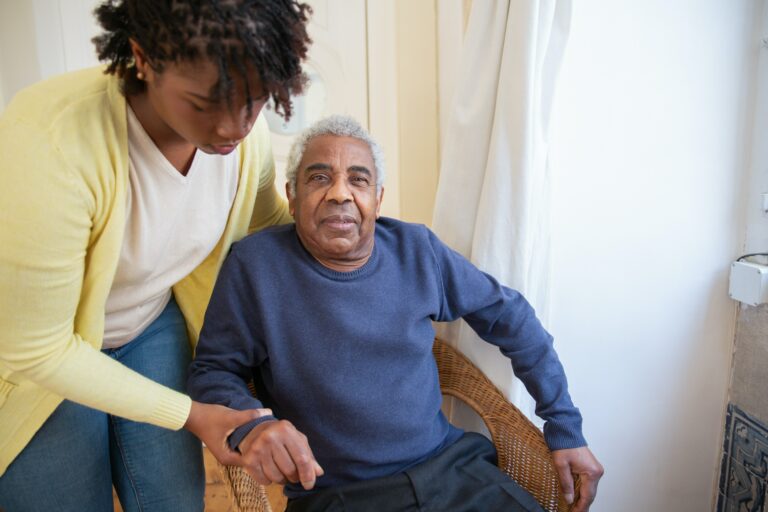
How Do I Care for a Loved One with Arthritis?
Those with arthritis know how stiffness and pain can restrict the ability to move and function properly.
VeryWell Health’s recent article entitled, “Caring for Someone With Arthritis,” says there are some things that you can do (or keep in mind) when caring for someone with arthritis. These may include the following:
- Understand their condition. Have a clear understanding of your loved one’s arthritis condition. This can help you see where they may need help. For example, suppose an individual has rheumatoid arthritis that affects their hand and upper extremity movement. In that case, they may need assistance opening bottles and jars or managing fine motor tasks, like handling medication.
- Keep lines of communication open. Talking with your loved one about arthritis is a great way to understand how it impacts them. You should also share your feelings about caring for them with someone, since providing care and helping someone consistently may take an emotional toll on you.
- Know when to help and when to stand back. Most people with arthritis want to remain as independent as possible. Therefore, be sure your loved one has the opportunity to be as functionally independent as possible and know that they will ask for assistance when needed.
- Help manage medication. Sometimes managing arthritis means managing various medicines. If your parent has difficulty keeping drugs and dosages straight—or if they physically have difficulty handling medicine—be ready to assist.
- Help with managing assistive devices. Some people with arthritis need assistive devices, like canes or walkers, to get around. Sometimes using these can be hard to use. You may help by learning how their assistive device should be used and how to operate it properly.
- Encourage and help with exercise. Exercise has proven to be beneficial for many with arthritis. Movement helps keep joints lubricated and muscles strong, and exercise can help maintain or improve functional mobility.
Know that your family member may have times when your care and assistance are welcomed and when they want to do it alone. Stay flexible in your care and provide help when necessary and when it is welcomed.
Reference: VeryWell Health (May 29, 2022) “Caring for Someone With Arthritis”


